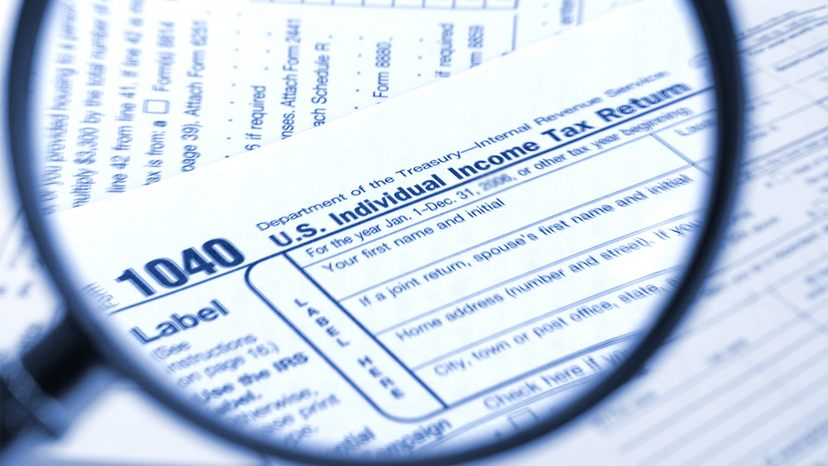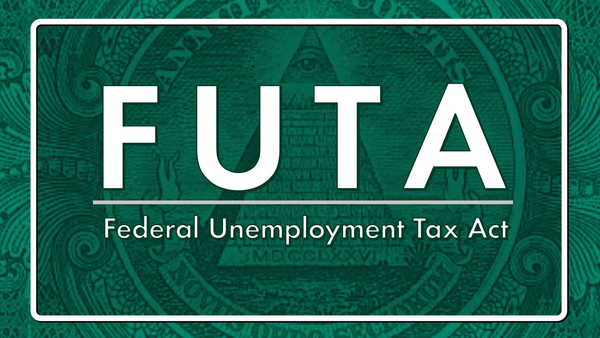Finally, there is the anti-tax argument for onerous tax preparation: Keep tax preparation unpleasant to fuel anti-tax sentiment.
In the past, Republicans argued against high taxes. But after decades of tax cuts, Americans are no longer swayed by that argument. Exasperating tax preparation, according to this argument, helps keep the anti-tax fever high. And that fuels public hate for government and the tax system.
Unfortunately, the anti-tax contingent's desire to force Americans to spend time and money on tax preparation dovetails with the tax preparation industry's desire to collect billions of dollars in fees.
Tax preparation companies lobby Congress to keep tax preparation costly and complicated. Indeed, Intuit, maker of the tax preparation software TurboTax, has listed government tax preparation as a threat to its business model. ProPublica reported in 2019 on the company's 20-year fight to prevent the government from making tax filing simple and free for most citizens.
One example of that complexity is the earned income tax credit, a government program for low-income people. The credit is so complicated that 20 percent of the people who are eligible never file, thus missing out on thousands of dollars in savings.
If the government prepared everyone's tax returns, I believe more of that 20 percent would receive government support. Nonetheless, H&R Block reportedly lobbied lawmakers to make the credit more complicated, thereby driving more taxpayers to paid preparation services.
I believe only public outcry can change the system.
Beverly Moran is Professor Emerita of law at Vanderbilt University where she teaches about federal income taxation.
This article is republished from The Conversation under a Creative Commons license. You can find the original article here. It is an updated version of an article originally published on March 22, 2021.
This article was corrected to clarify how tax preparation companies have lobbied Congress.



